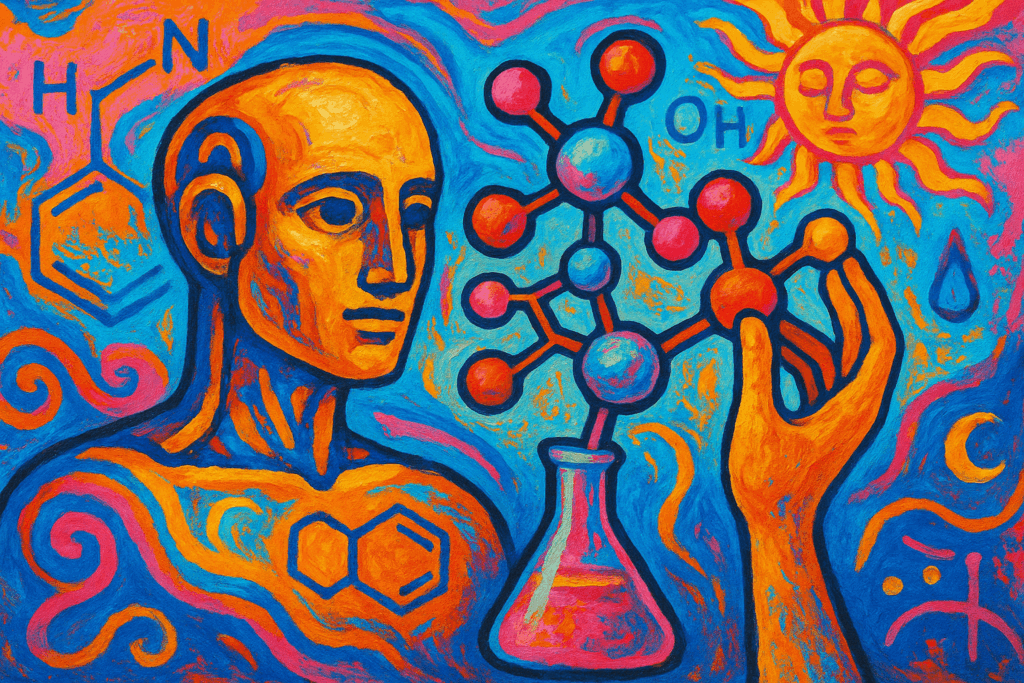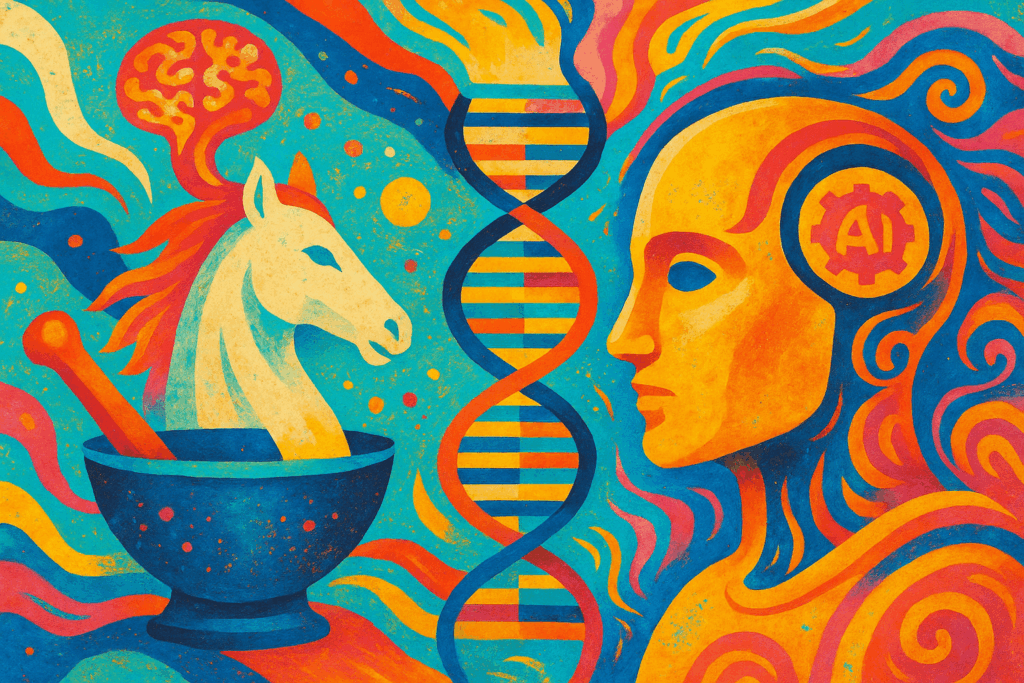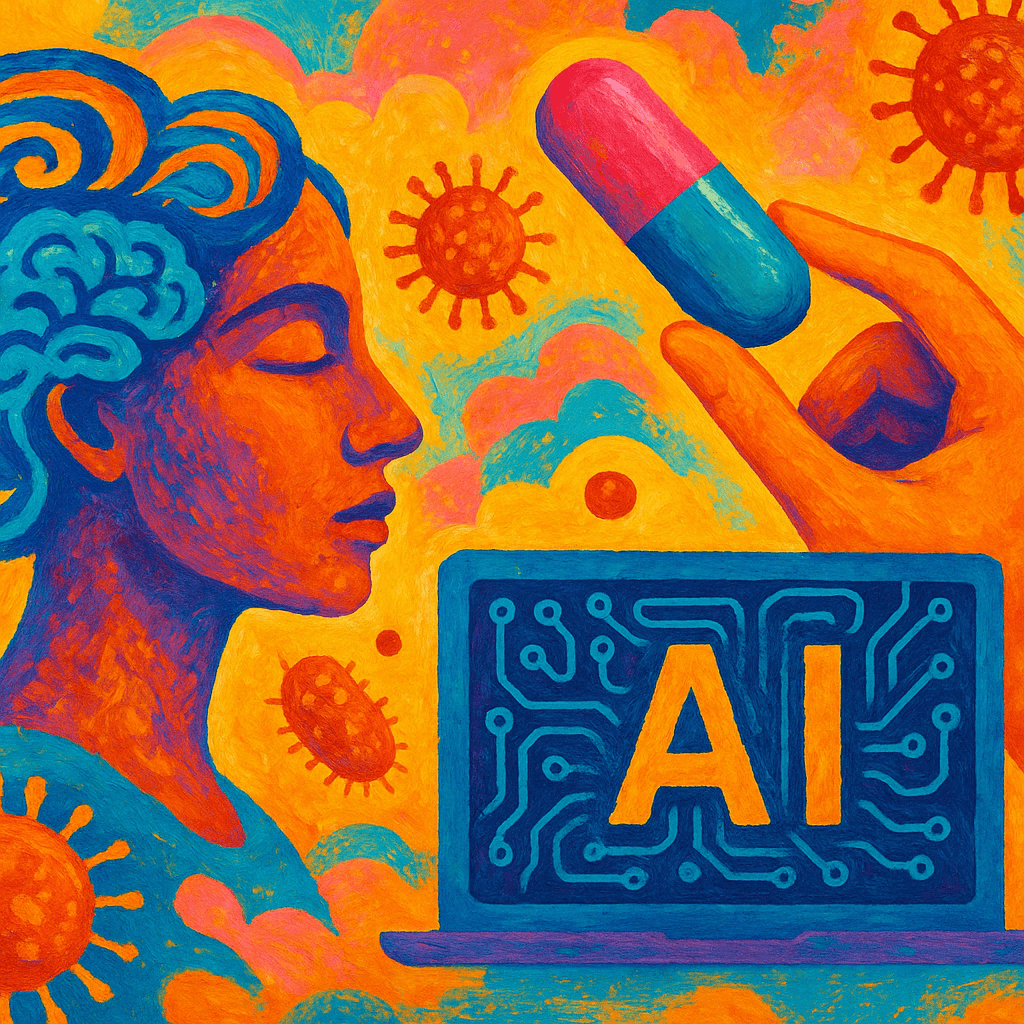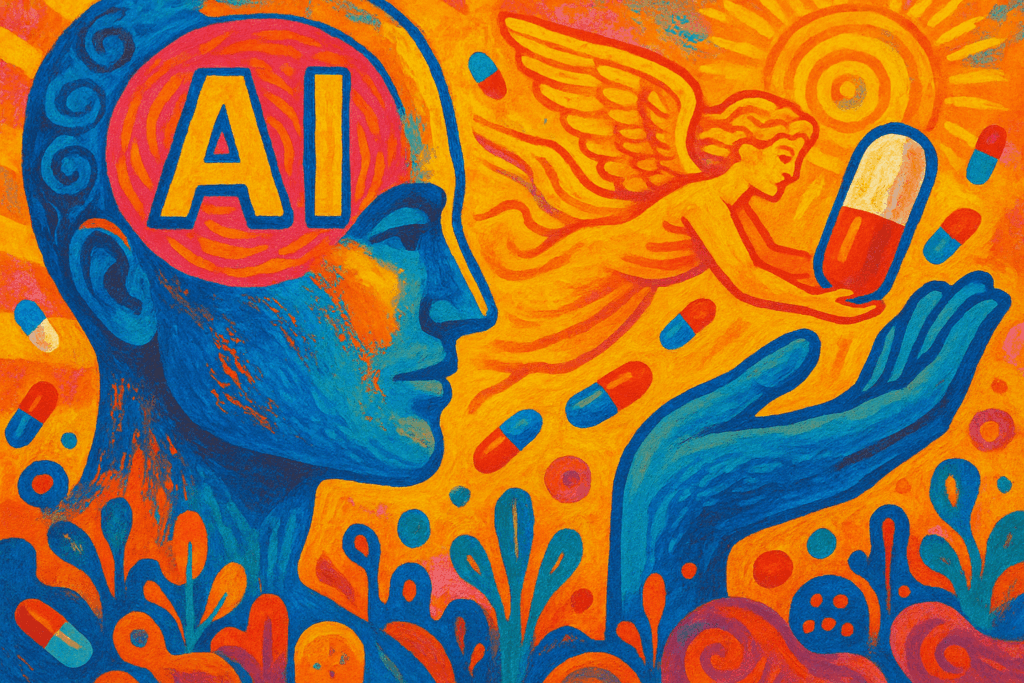AI Drug Discovery’s Practical Problem: Synthesizing New Molecules
Artificial intelligence has rapidly transformed drug discovery, particularly in designing novel small molecules to treat various diseases. However, one significant obstacle remains—many AI-generated molecules lack clear synthetic pathways. Without practical methods to synthesize these compounds, the true potential of AI in drug development is limited. This synthesis challenge has slowed adoption despite the excitement surrounding AI-driven innovation.
Chemistry-Aware AI: Building with Reality in Mind
Chemistry-aware AI addresses this bottleneck by integrating chemical synthesis constraints directly into the molecule design process. Instead of proposing theoretical compounds without regard for how they can be made, this approach designs molecules step-by-step using known chemical reactions and commercially available starting materials. A leading example is Iktos and its Makya platform, which generates molecules that are not only promising in biological activity but also practically synthesizable. By grounding design in chemical reality, chemistry-aware AI ensures that suggested candidates can progress smoothly from concept to laboratory synthesis.
Accelerating Discovery with Feasible Designs
This method offers several benefits. By guaranteeing synthetic feasibility early on, it reduces costly failures in later development stages. It also broadens the diversity of viable compounds by exploring realistic chemical spaces informed by synthesis constraints. Moreover, such AI tools act as co-pilots for medicinal chemists, assisting in rapid ideation and optimizing the design-to-synthesis cycle. This collaboration speeds up the discovery pipeline and enables researchers to focus efforts on molecules with genuine potential.
Beyond Design: AI’s Future in Drug Development
The impact of AI extends beyond molecule generation. Experts like Yann Gaston-Mathé, CEO of Iktos, envision a future where AI contributes to predicting patient outcomes and identifying populations likely to respond to treatments. This could lead to more personalized medicine and better clinical success rates. Ultimately, chemistry-aware AI and its successors will work alongside human expertise, empowering innovation rather than replacing it.
The practical integration of synthesis knowledge into AI-driven drug discovery represents a significant step toward transforming pharmaceutical research. As these technologies continue to evolve, they offer promising pathways for developing effective therapies faster and more reliably.




